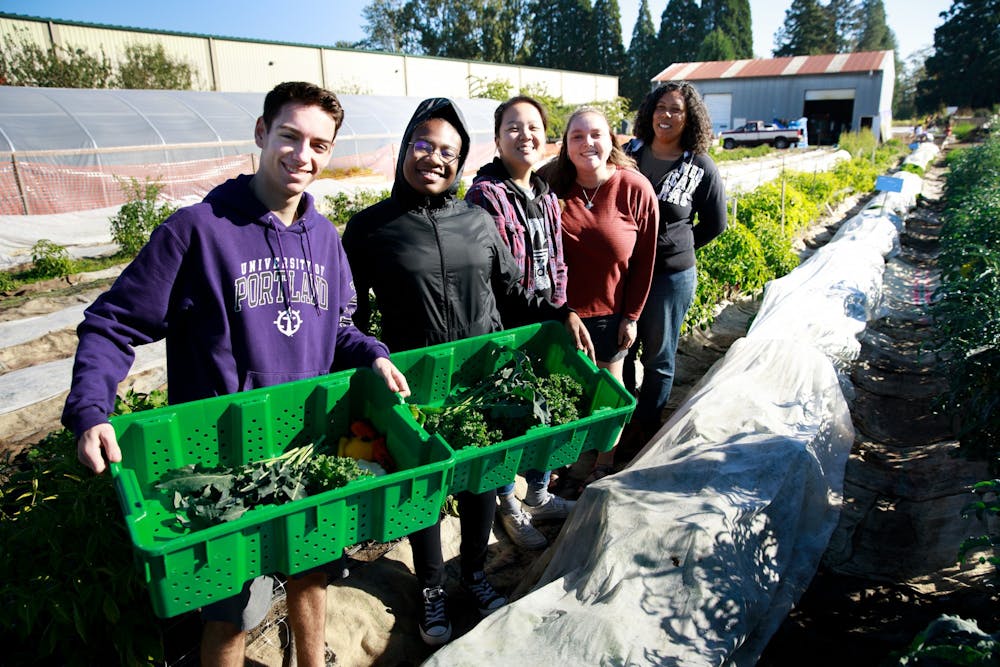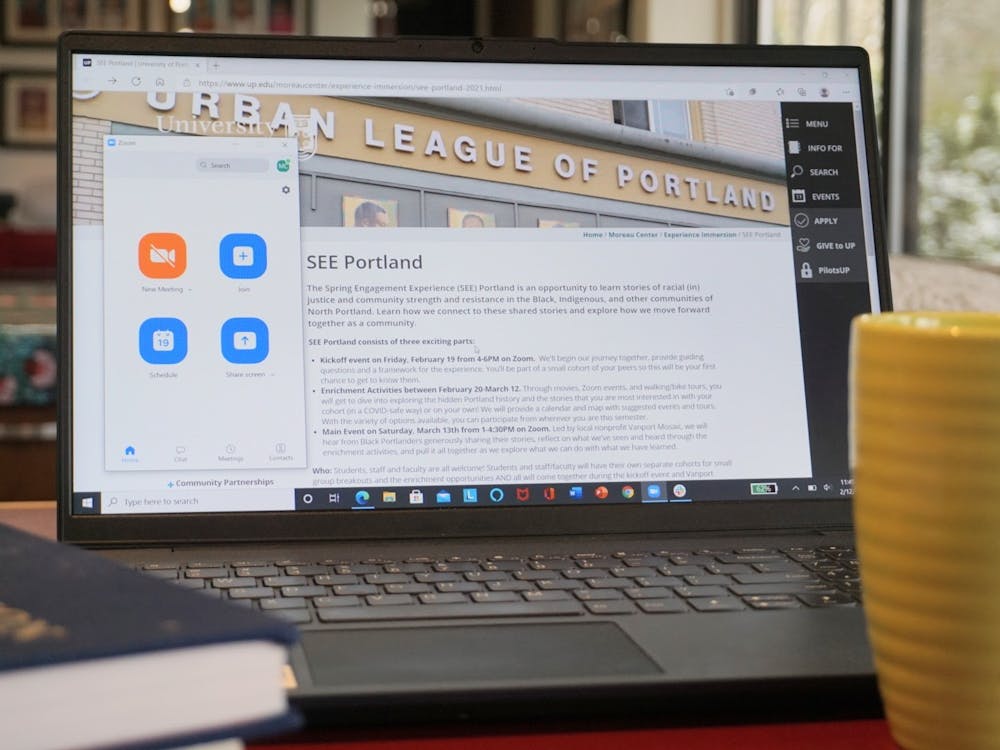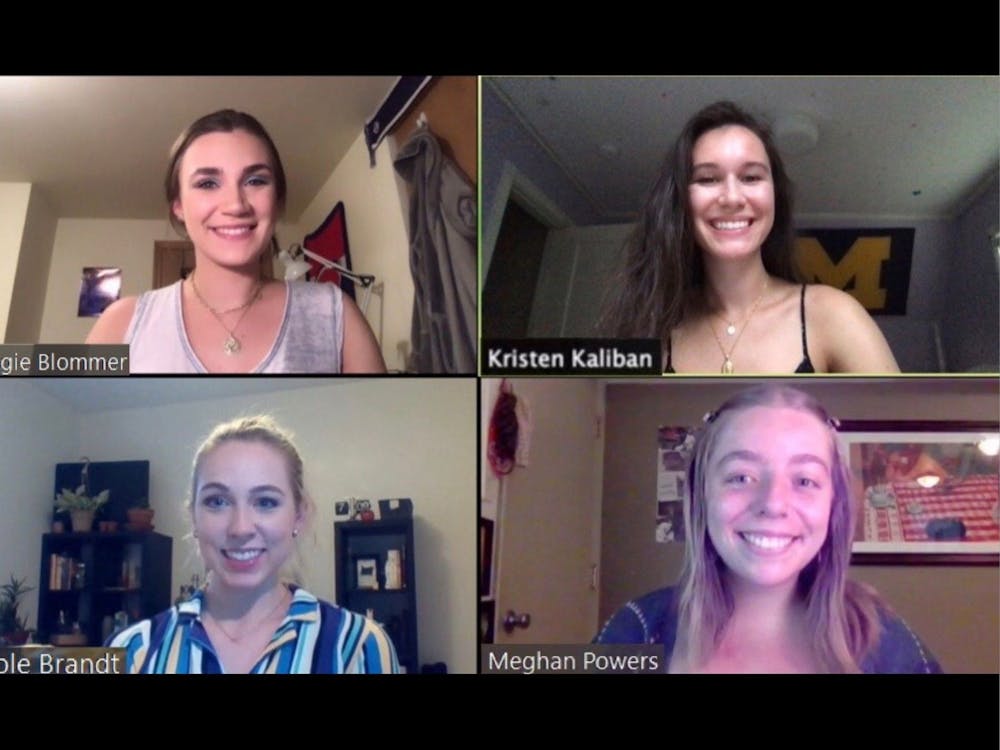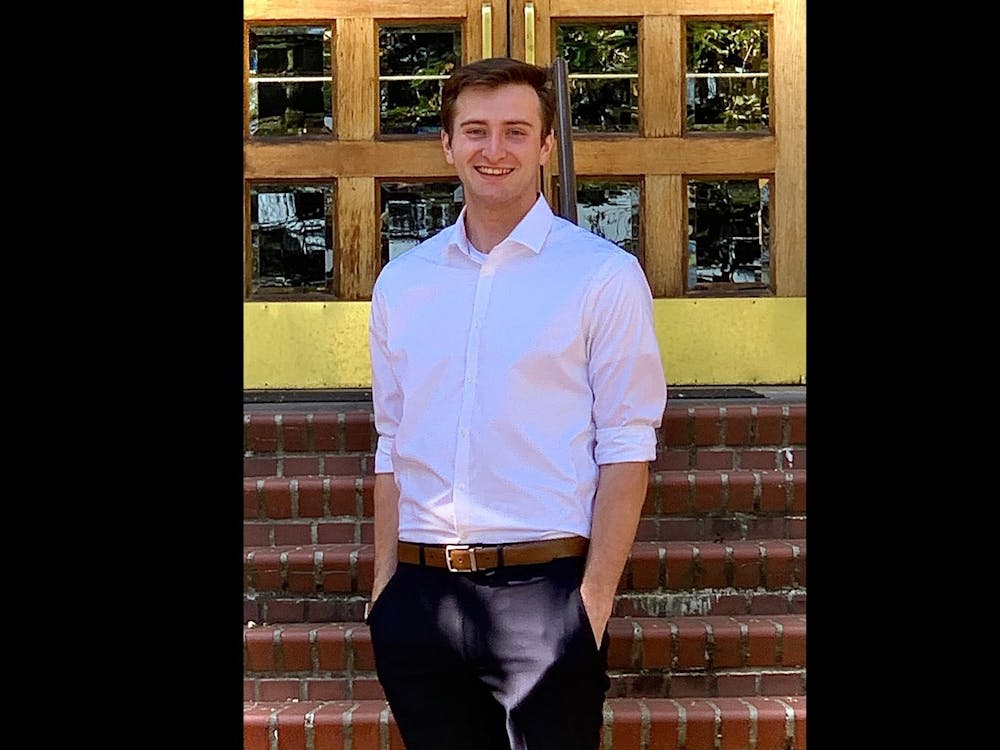The Moreau Center has begun organizing this year’s immersion programs that are designed to engage students in service-learning at home and across the country. Participating students will travel both in and outside of Portland to work with communities affected by current social issues.
The immersions take place during the university breaks in the fall, winter, spring and summer, and students are involved either as participants or coordinators. No matter their roles, students often find that the experience is deeply enriching, both in terms of learning from and connecting with others.
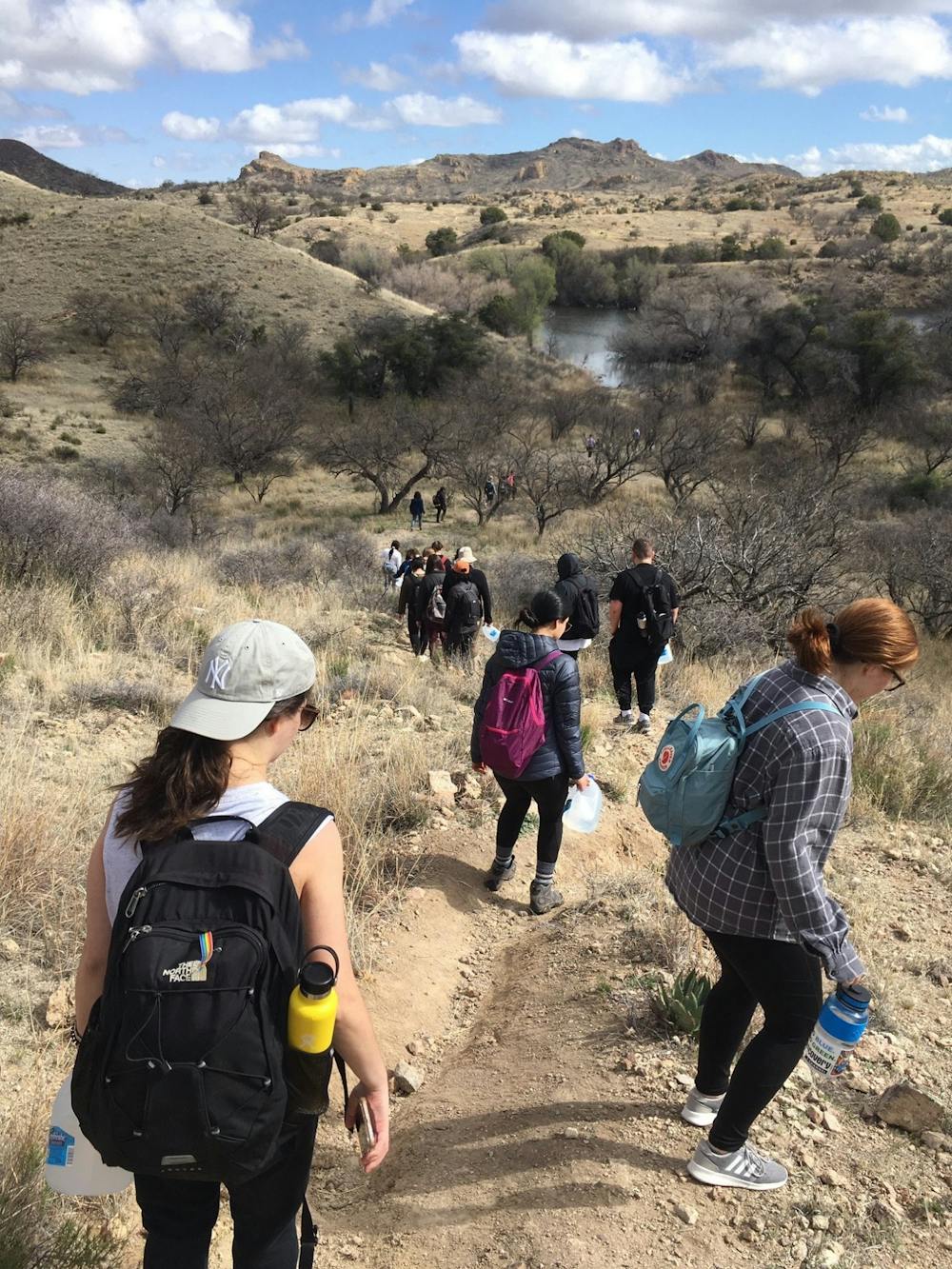
Since the Moreau Center is often thought of as a service organization, the immersions’ focus on learning and connecting might be lesser known. Bella Metcalf, a senior co-coordinator for the Community Organizing and Resistance Immersion (CORE), sees a common misconception in how the immersion programs are conceived.
“I think a lot of people have assumptions about immersions, and it's kind of like they expect to do service which is not what immersions are,” Metcalf said. “It’s mostly learning.”
Metcalf’s perspective on learning changed when she was a previous participant of the North Portland immersion program. In an interview, she refocused the idea of learning from happening within classrooms to within communities.
“You can't rely on all your education and knowledge in the classroom,” Metcalf said.
When she engaged with communities in North Portland last Spring, Metcalf learned more about the history of their neighborhoods and the socioeconomic problems they’ve faced.
Similarly, Metcalf’s CORE co-coordinator, junior Christopher Karo, learned from communities served by local organizations in Detroit, where he participated in last summer’s CORE immersion.
“We got to meet with people that have been living in their neighborhoods for 50, 60 years and just talk about the impact some of these organizations have made on them in recent times,” Karo said.

Many organizations began as health services, providing medical care, access to healthy food and helping finance local businesses. These groups now also provide space for local music, art and ceramics, which Karo thought was a good way to engage with community members as individuals.
Once the programs have finished, coordinators like Metcalf and Karo often find that their immersion experiences can have profound takeaways for UP students.
One of those coordinators is junior Daniela Gutierrez, a past CORE participant who is organizing this year’s Environmental Justice Immersion. For Gutierrez, a noteworthy lesson from her experience is a less impersonal and more holistic conception of justice.
“Through these experiences, people get to learn a lot more about injustice, what justice is, what justice means,” Gutierrez said.
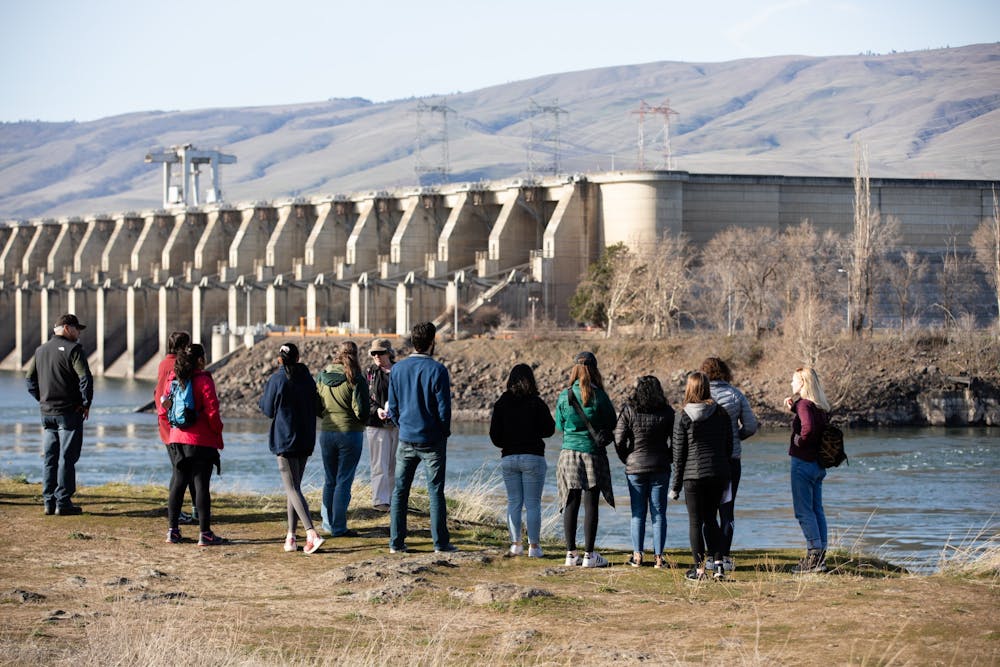
Students participated in an environmental justice immersion at the Dalles Dam and worked in conversation with the Columbia River Inter-Tribal Fish Commission. Photo courtesy of Adam Guggenheim
In addition to coming away with broader understandings of social issues, oftentimes students and faculty also find that immersions form strong connections between students.
Tyler Wagner, the Immersion Program manager, notes how this is often the case with students who might have never met each other before participating in an immersion together.
“I really feel like it's a great opportunity to make really meaningful connections and friendships,” Wagner said.
In particular, Wagner loves seeing students become close friends after only knowing each other for a short time during the program.
And though students will often have their own personal takeaways, new perspectives on learning, connection and justice draw a common thread between them. While many of the annual immersion programs have changed since their inception over ten years ago, the student experiences are what illustrates their potential.
Riley Martinez is a reporter for The Beacon, and can be reached at martinri24@up.edu.



